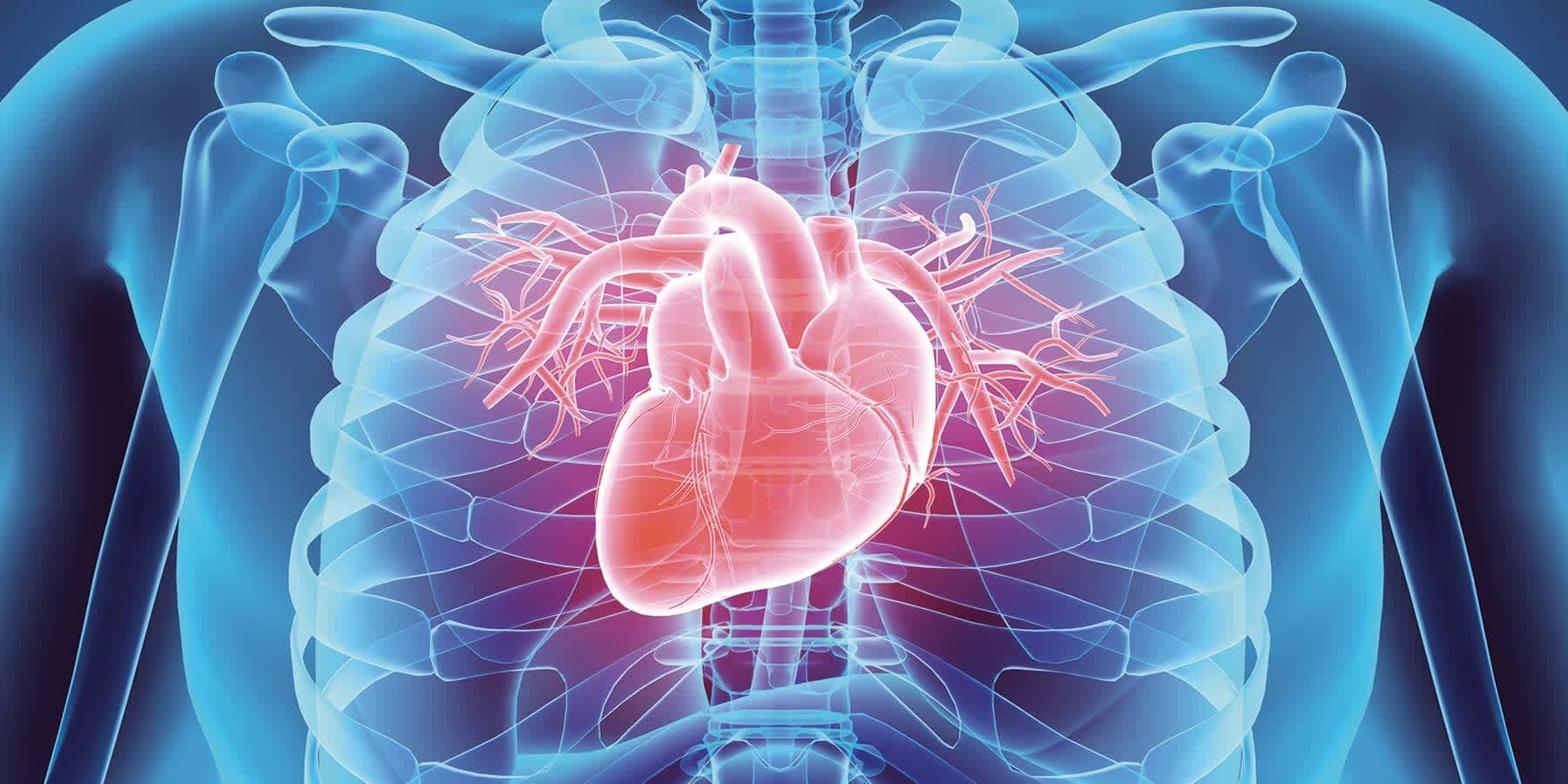
Heart disease is a leading cause of death worldwide, affecting millions each year. But what exactly is heart disease? Heart disease refers to various conditions affecting the heart's structure and function, including coronary artery disease, heart attacks, and heart failure. Understanding the facts about heart disease can help you make informed decisions about your health. From risk factors like high blood pressure and cholesterol to lifestyle changes that can reduce your risk, there's a lot to know. This blog post will provide you with 22 essential facts about heart disease, helping you stay informed and proactive about your heart health.
Understanding Heart Disease
Heart disease is a leading cause of death worldwide. Knowing more about it can help in prevention and management. Here are some crucial facts about heart disease.
-
Heart disease refers to various types of heart conditions, including coronary artery disease, heart attacks, and heart failure.
-
Coronary artery disease is the most common type of heart disease, caused by plaque buildup in the walls of the arteries that supply blood to the heart.
-
Heart attacks occur when the blood flow to a part of the heart is blocked for a long enough time that part of the heart muscle is damaged or dies.
-
Heart failure means the heart isn't pumping blood as well as it should, which can lead to fatigue, shortness of breath, and fluid buildup.
Risk Factors for Heart Disease
Certain factors increase the risk of developing heart disease. Understanding these can help in taking preventive measures.
-
High blood pressure is a major risk factor for heart disease as it can damage the arteries over time.
-
High cholesterol levels contribute to the formation of plaques that can clog arteries and lead to heart disease.
-
Smoking significantly increases the risk of heart disease by damaging the blood vessels and heart.
-
Diabetes increases the risk of heart disease because high blood sugar can damage blood vessels and nerves that control the heart.
-
Obesity is linked to higher risks of heart disease due to its association with other risk factors like high blood pressure and diabetes.
-
Physical inactivity can lead to heart disease as it contributes to other risk factors like obesity and high blood pressure.
Symptoms of Heart Disease
Recognizing the symptoms early can be crucial for timely treatment and management.
-
Chest pain or discomfort is a common symptom of heart disease, often described as pressure, squeezing, or fullness.
-
Shortness of breath can occur with or without chest pain and may indicate heart disease.
-
Pain in the neck, jaw, throat, upper abdomen, or back can also be symptoms of heart disease, especially in women.
-
Nausea, lightheadedness, or cold sweats may accompany other symptoms and indicate a heart problem.
Preventing Heart Disease
Prevention is key to reducing the risk of heart disease. Here are some effective strategies.
-
Eating a healthy diet rich in fruits, vegetables, whole grains, and lean proteins can help prevent heart disease.
-
Regular physical activity helps maintain a healthy weight and lowers blood pressure and cholesterol levels.
-
Quitting smoking is one of the most effective ways to reduce the risk of heart disease.
-
Limiting alcohol intake can help prevent heart disease, as excessive drinking can lead to high blood pressure and other health issues.
-
Managing stress through techniques like meditation, yoga, or deep breathing can help reduce the risk of heart disease.
Treatment Options for Heart Disease
Various treatments are available for managing heart disease, depending on its type and severity.
-
Medications like statins, beta-blockers, and ACE inhibitors can help manage heart disease by controlling risk factors like high blood pressure and cholesterol.
-
Surgical procedures such as angioplasty, stent placement, or coronary artery bypass grafting (CABG) can improve blood flow to the heart.
-
Lifestyle changes including diet, exercise, and quitting smoking are crucial components of managing heart disease and improving overall heart health.
Heart Health Matters
Heart disease remains a leading cause of death worldwide. Knowing the facts about heart disease can help you make better choices. Regular exercise, a balanced diet, and avoiding smoking are key steps. Monitoring blood pressure and cholesterol levels also plays a crucial role. Remember, early detection through regular check-ups can save lives.
Understanding the symptoms, like chest pain or shortness of breath, can prompt quicker medical attention. Genetics can increase risk, but lifestyle changes can significantly reduce it. Staying informed and proactive about heart health is essential.
By taking these steps, you can protect your heart and improve your overall well-being. Share this knowledge with friends and family to help them stay heart-healthy too. Your heart will thank you for it!
Was this page helpful?
Our commitment to delivering trustworthy and engaging content is at the heart of what we do. Each fact on our site is contributed by real users like you, bringing a wealth of diverse insights and information. To ensure the highest standards of accuracy and reliability, our dedicated editors meticulously review each submission. This process guarantees that the facts we share are not only fascinating but also credible. Trust in our commitment to quality and authenticity as you explore and learn with us.


